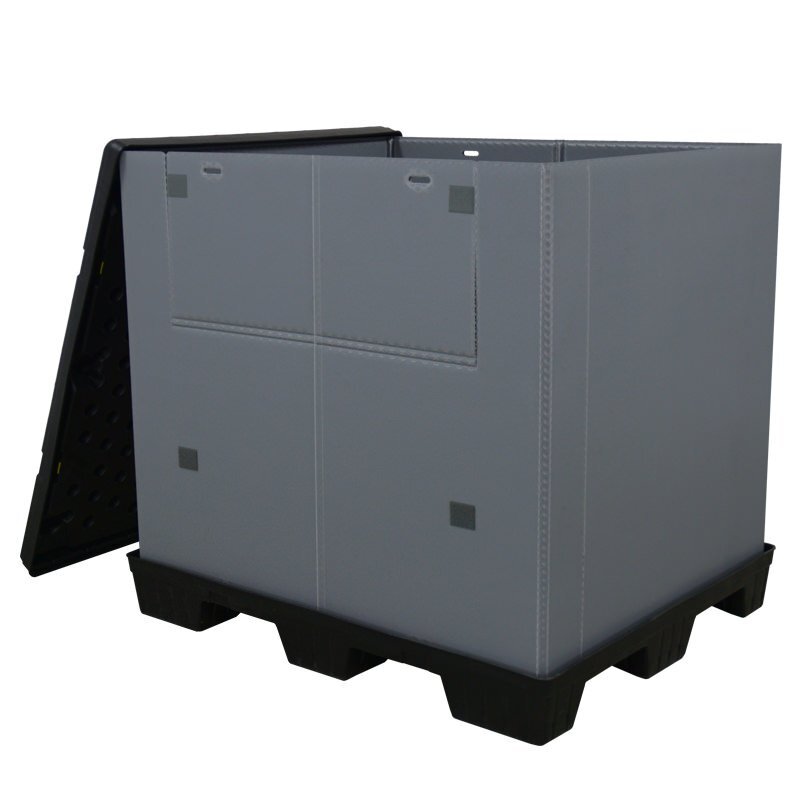The world of logistics is undergoing a transformation, and at the heart of this shift lays a seemingly simple concept – reusable transport containers. These sturdy, multi-trip boxes might not appear groundbreaking, but their impact on efficiency, sustainability, and cost reduction is undeniable. For decades, the logistics industry relied heavily on single-use containers, often made of cardboard or flimsy plastic. These containers were cheap and disposable, but their environmental footprint was significant. Discarded containers piled up in landfills, and their production consumed valuable resources. Reusable containers, typically constructed from durable steel or reinforced plastic, offer a powerful alternative. Built to withstand multiple journeys, they significantly reduce waste. The benefits extend far beyond environmental impact. Reusable containers streamline the entire transportation process. This translates to faster loading and unloading times, leading to quicker deliveries and reduced transportation costs.

Additionally, the sturdier build of reusable containers minimizes damage to goods during transit, lowering the risk of product loss and replacement expenses. The power of reusability extends beyond the immediate container. By eliminating the need for constant production of single-use options, reusable containers reduce the overall demand for raw materials. This not only benefits the environment by conserving resources but also helps stabilize the prices of materials used in packaging. Furthermore, reusable bulk container foster a more collaborative logistics ecosystem. Standardized designs allow for seamless intermodal transportation, meaning the same container can seamlessly travel by truck, train, and ship without the need for repackaging at each stage. This not only reduces costs but also minimizes the handling of goods, further reducing the risk of damage. Their standardized design facilitates easy stacking and efficient loading onto trucks, ships, and airplanes.
The adoption of reusable containers is not without its challenges. Initial investment costs can be higher compared to single-use options. Additionally, a robust infrastructure for tracking, managing, and efficiently returning these containers across vast distances needs to be established. However, as the industry shifts towards sustainable practices and recognizes the long-term cost benefits, these challenges are being addressed through innovative solutions like deposit systems and container tracking technologies. In conclusion, reusable transport containers represent a powerful force for positive change in the logistics landscape. Their impact goes beyond mere convenience, offering a path towards a more sustainable, efficient, and cost-effective future for global trade. By embracing reusable containers, the logistics industry can play a vital role in reducing its environmental footprint while simultaneously optimizing its operations and contributing to a more responsible global supply chain.